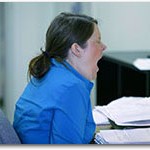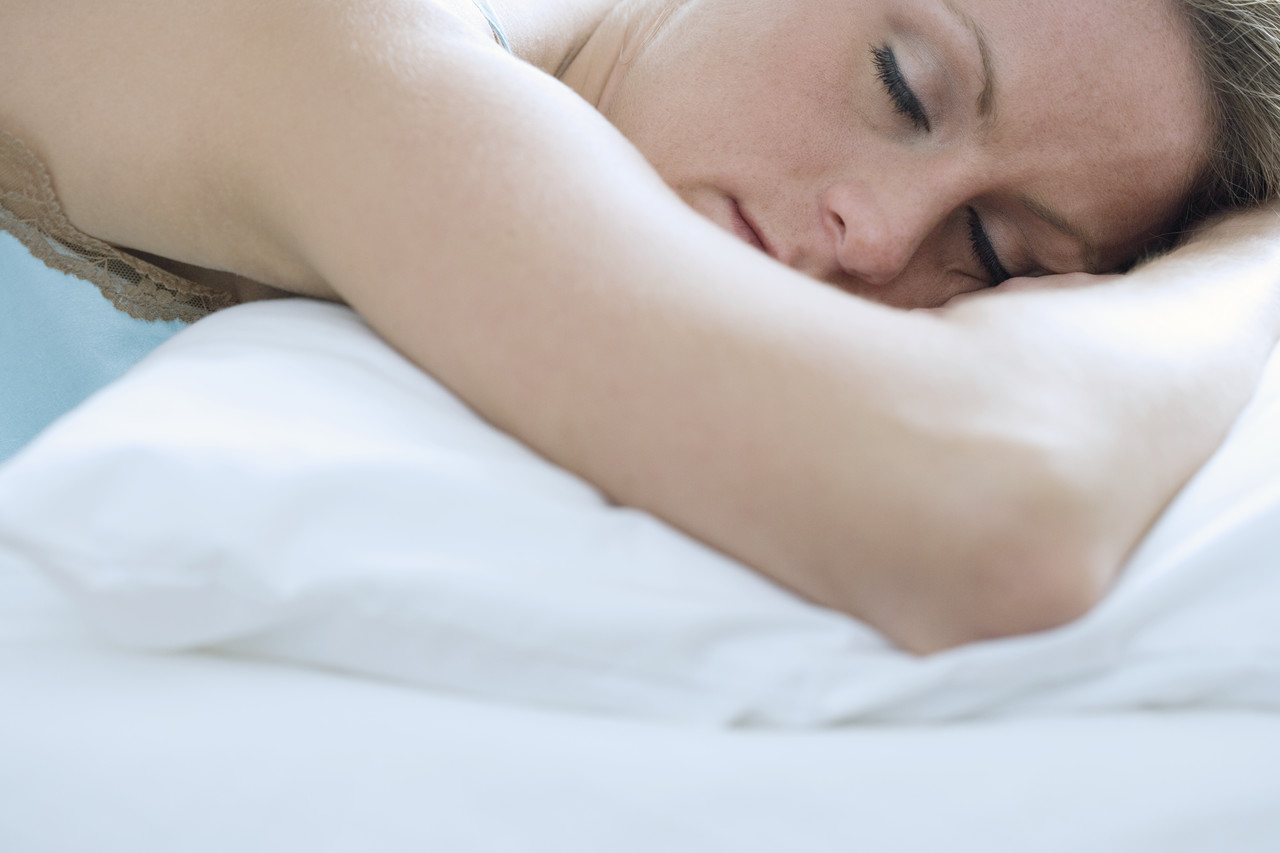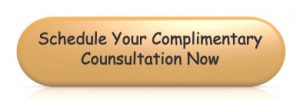 There are many factors that affect how productive you will be, but getting enough sleep is one of the biggest factors in your ability (or inability) to be productive during the day. Getting the right amount of “good sleep” can mean the difference between breezing through the tasks at hand and struggling to get even one task done. That makes it important to know how much sleep you need and how to create the ideal sleep environment to ensure that you get the most out of your sleep time.
There are many factors that affect how productive you will be, but getting enough sleep is one of the biggest factors in your ability (or inability) to be productive during the day. Getting the right amount of “good sleep” can mean the difference between breezing through the tasks at hand and struggling to get even one task done. That makes it important to know how much sleep you need and how to create the ideal sleep environment to ensure that you get the most out of your sleep time.
Let’s start with how much sleep is recommended for the average adult. According to a 2015 National Sleep Foundation report, seven to nine hours is the perfect amount of sleep for adults ages 26-64, so that would be a good goal to shoot for. Livescience.com, in their analysis of the NSF study, suggests that anything below six hours can have a negative effect on your health and productivity and that, surprisingly, too much sleep – ten hours or above – can be just as bad as not enough sleep. These are considered guidelines, however, as the study also states that sleep needs can vary considerably. The important takeaway here is: you need to know how much sleep your body needs to be refreshed and ready to face your day, and then make the time to get the sleep your body needs.
[wpob id=”2″]Just knowing the amount of sleep you need doesn’t mean much though if you’re one of the 20 percent of adults who has difficulty falling asleep or staying asleep – making that seven to nine hours easier said than done. For those who struggle with sleep, there are plenty of recommendations, tips and tricks for creating an ideal sleeping environment you can try. First, experts say setting a sleep schedule and following it can help. You should deviate from this schedule as little as possible. Deviating from it too much could confuse your brain and make it harder to sleep.
Second, be sure to watch your food and drink intake in the hours before bedtime. Eating too much or too little can affect your sleep pattern. It’s also important to not drink too much before you plan to sleep. Nothing can disturb a good night’s rest like trips to the bathroom in the dead of night. Be sure to be wary of any drinks that contain caffeine or alcohol too, as these ingredients can also have negative effects on sleep.
Some other recommendations that might help you get a good night’s sleep include:
- Make sure your bed is comfortable. Trying to sleep on a bed that’s old and worn out can make the discussion of sleep strategies useless. We spend about 30 percent of our lives sleeping and our bodies need good rest, so it makes sense to invest in and start out with a good mattress.
- Reserve your bed for sleep only. Avoid reading, studying, working on your laptop or watching TV in the bedroom. This creates a clear delineation between activity and sleep.
- If you’re going to nap during the day, limit it to a power nap. 20-30 minutes can be refreshing and give you a boost, but more than that can affect your sleep later.
- Turn off or put away all electronic devices an hour before you plan to go to sleep. Many experts believe that the illumination from these devices stimulates wakefulness in our brains, so turning them off in the hour before bedtime gives our minds a chance to “wind down” and prepare for sleep.
- Set an alarm and resist the temptation to use the snooze feature.
Any one or all of these tips could be helpful and they’re certainly easy enough to implement and try. But there are some people who may have medical conditions that require medical intervention, such as: insomnia, sleep apnea, circadian rhythm sleep-wake disorders, parasomnias and sleep movement disorders. If you suspect you suffer from any of these, there are doctors who can help and it’s worth the time and expense to seek their expertise. For many of us though, simply changing the way we prepare for sleep can make a big difference and put us on the right track to being well rested and ready to tackle all the demands of our days.
Want to know more about how you can be more productive? Email Cathy at Cathy@TheProductivityExperts.com today!


